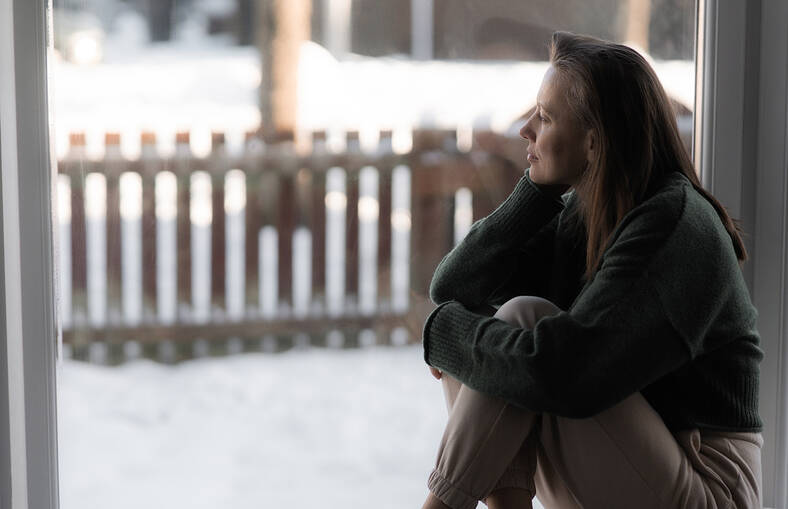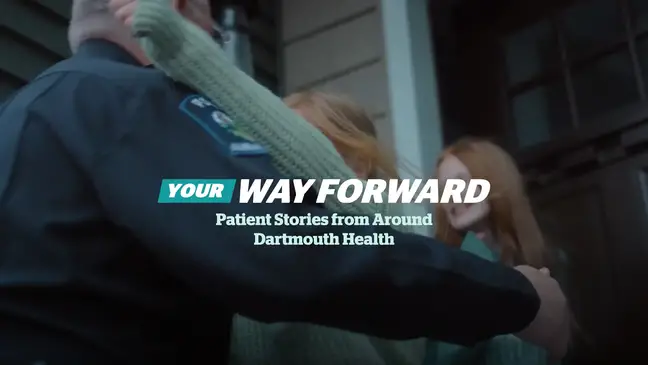Living Healthier
Health information from around the Dartmouth Health System
Why Do Women Suffer More from Pain Than Men?
Women have long reported they experience more pain than men. The medical community is now taking women at their word and proactively addressing their pain.

Robotic Cardiac Surgery Care Means You Recover Faster
Our cardiac surgeons now offer robot-assisted treatment options that reduce your recovery time, while at the same time enhancing your quality of life.

How Much Protein Do You Need?
Protein helps build muscle, keeps your body healthy, and supports your immune system. But how much you need depends on factors such as your age and activity level.

How Would Exercising at Olympic 2026 Altitudes in Cortina Affect You?
Athletes on the Olympic 2026 teams may not be impacted by elevations like those in Cortina, but you might be. Here’s what you need to know about being active at higher altitudes.

Dermatologist-Approved Tips for Healthier Winter Skin
During winter, your skin loses natural oils and water, which can leave it dehydrated. Conditions like eczema, psoriasis, and dermatitis often get worse in the cold months. That’s why experts recommend changing your skincare routine.

Is Exercising Outside in the Cold Good for You?
Experts say cold air, natural light, and your body’s processes for keeping you warm go a long way toward helping you stay healthy this time of year.

Coordinated Care: How You Get the Right Treatment, at the Right Place, at the Right Time
Hospital occupancy rates are at record highs across the country and rural hospitals are under growing strain. Our Capacity Coordination Center ensures you have the best care where and when you need.
Get the free bi-weekly Living Better email newsletter covering topics to help you live a healthier, more fulfilled life.
Recent video
Patients Finding Their Way Forward with Courage and Tenacity
From a fire marshal battling colorectal cancer to an avid fisherwoman needing joint replacement surgery, these stories offer an intimate and compelling view into our patients’ worlds.
Latest news
Dartmouth Health’s vascular surgery training program ranked #1 nationwide
Dartmouth Health adds 41 new providers from various disciplines across health system
Mt. Ascutney Hospital and Health Center receives accreditation in mammography
With hiring of Laura W. Salama, MD, Dartmouth Cancer Center now offers patients only breast medical oncologist in southern New Hampshire
Dartmouth Health partners with North Country Hospital to provide neonatal care via telemedicine
Dartmouth Hitchcock Medical Center wins $500K grant to increase care capabilities in event of serious infectious diseases

